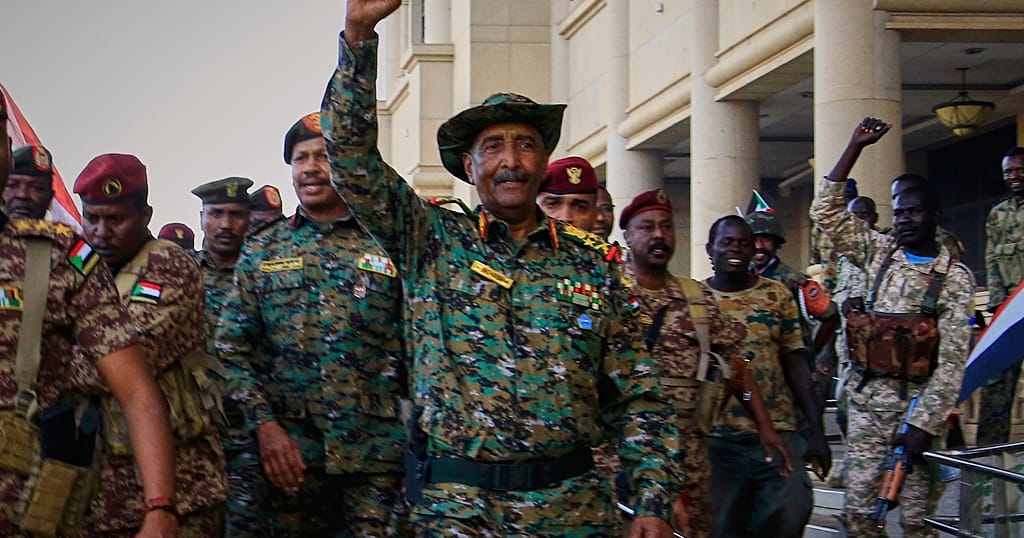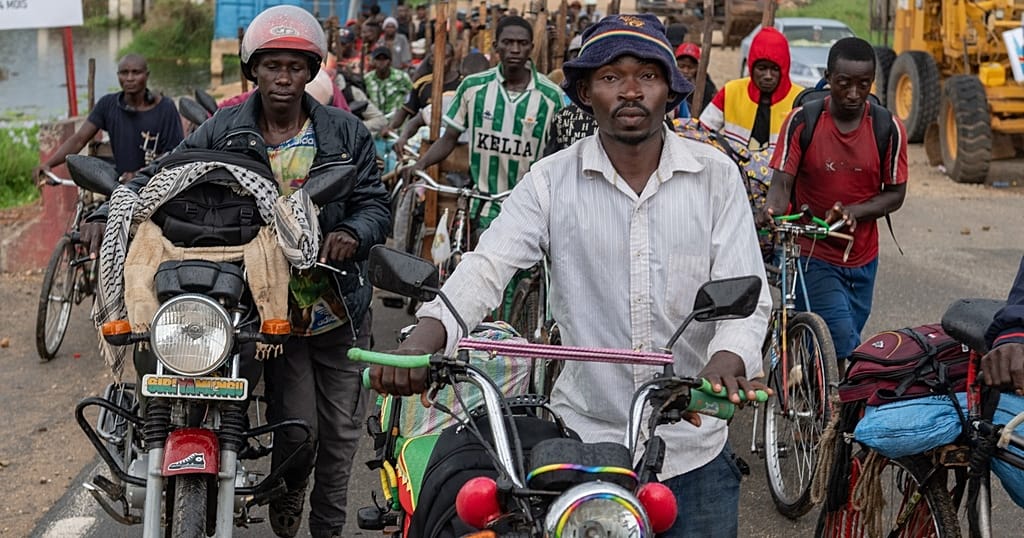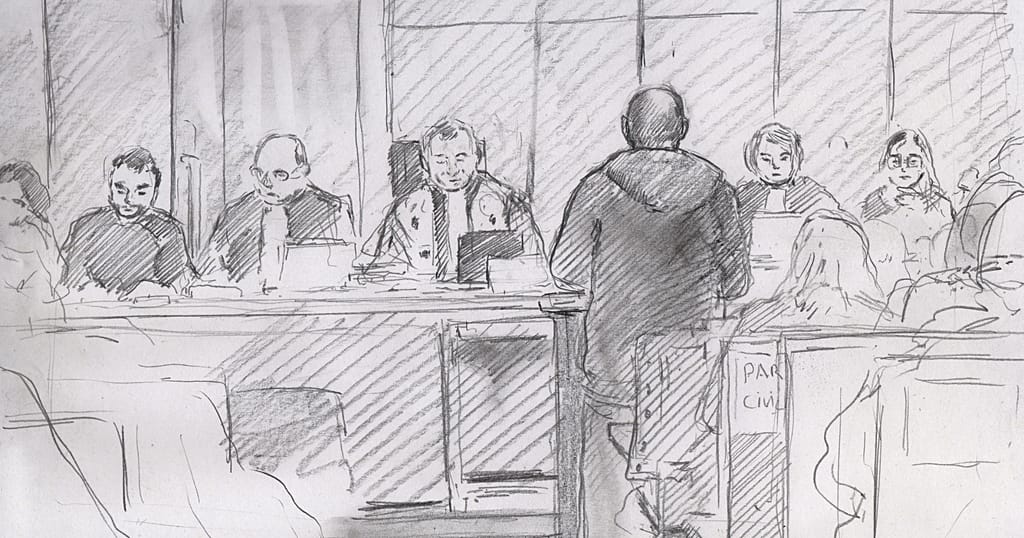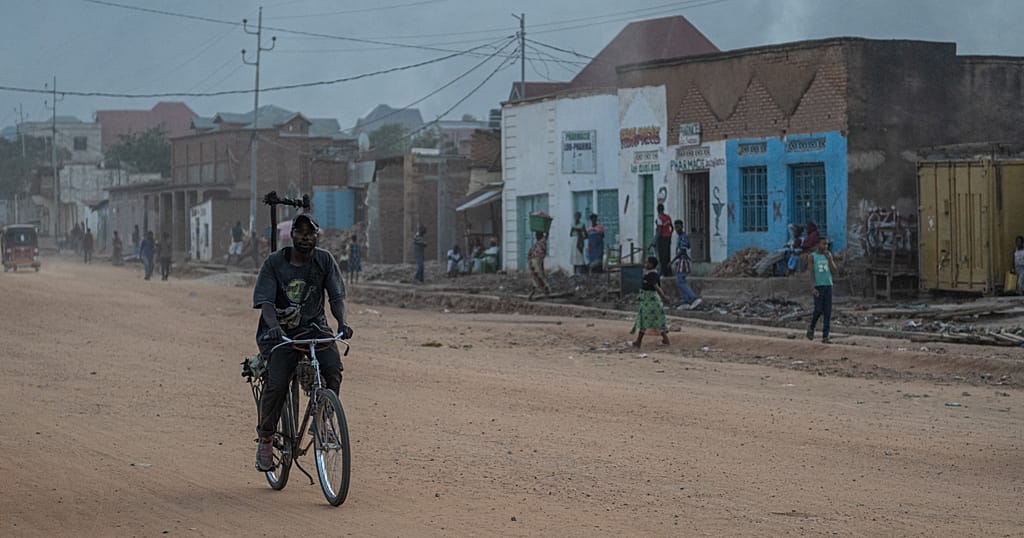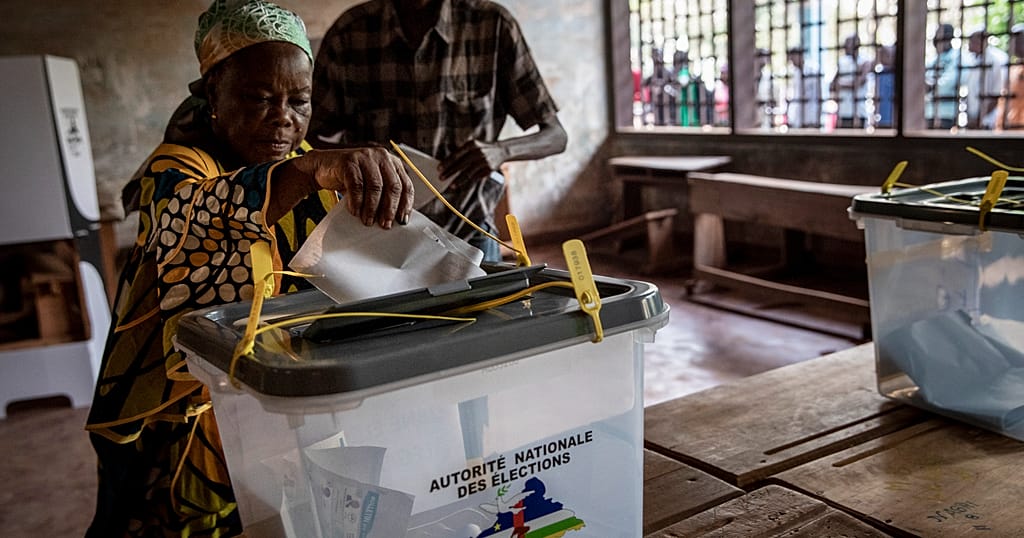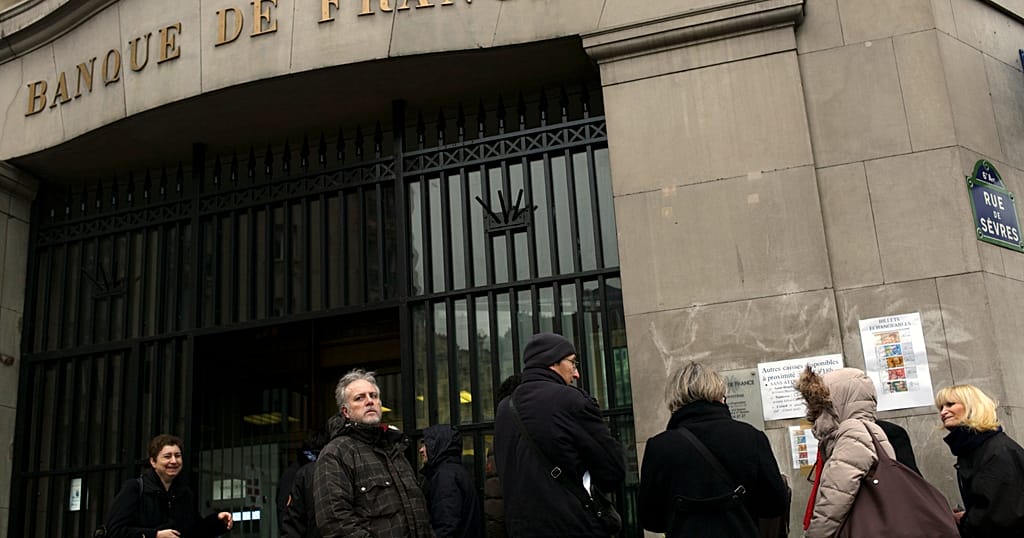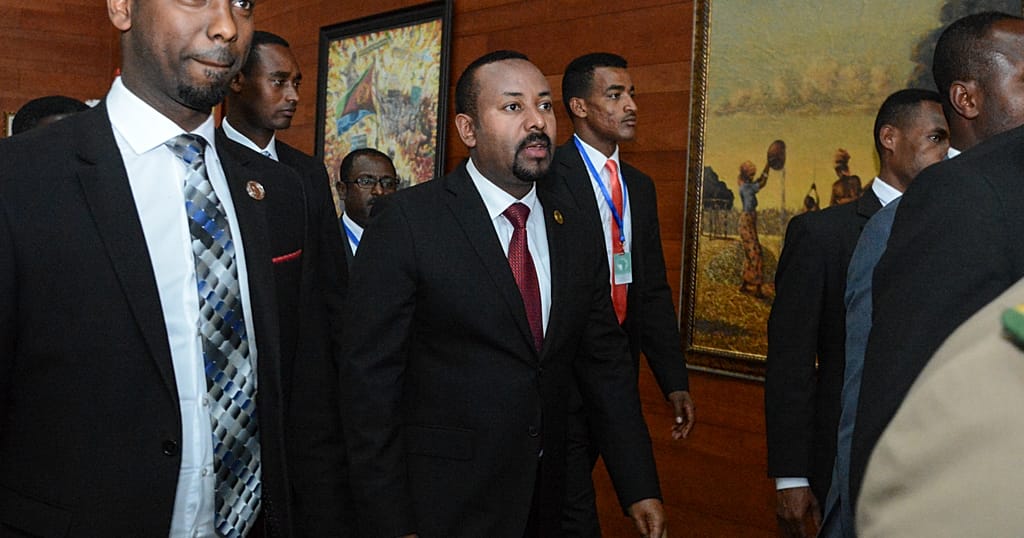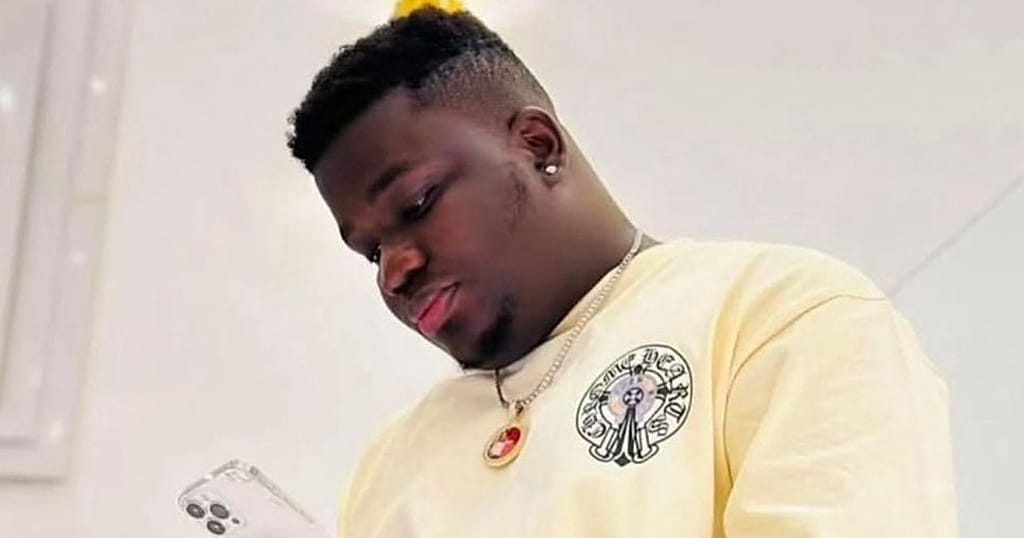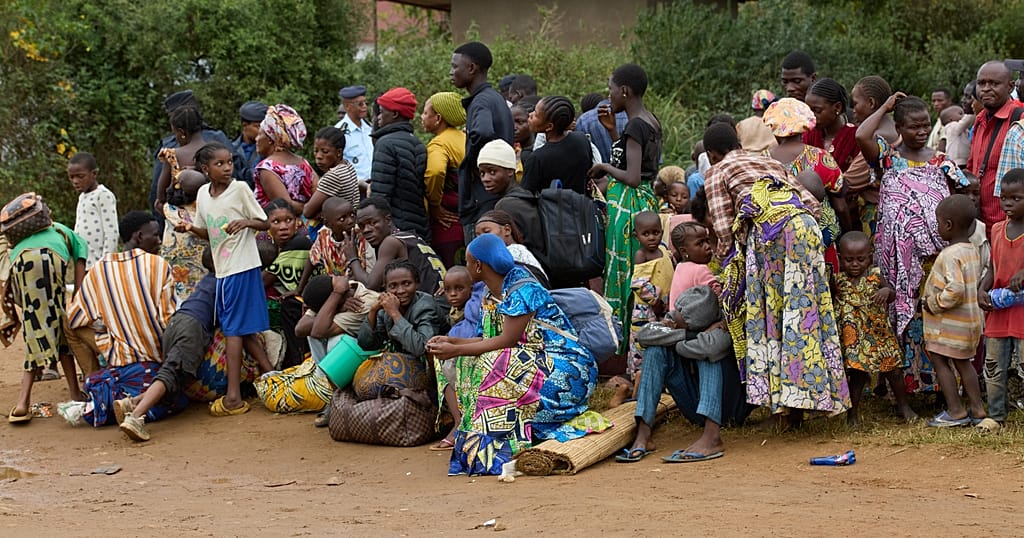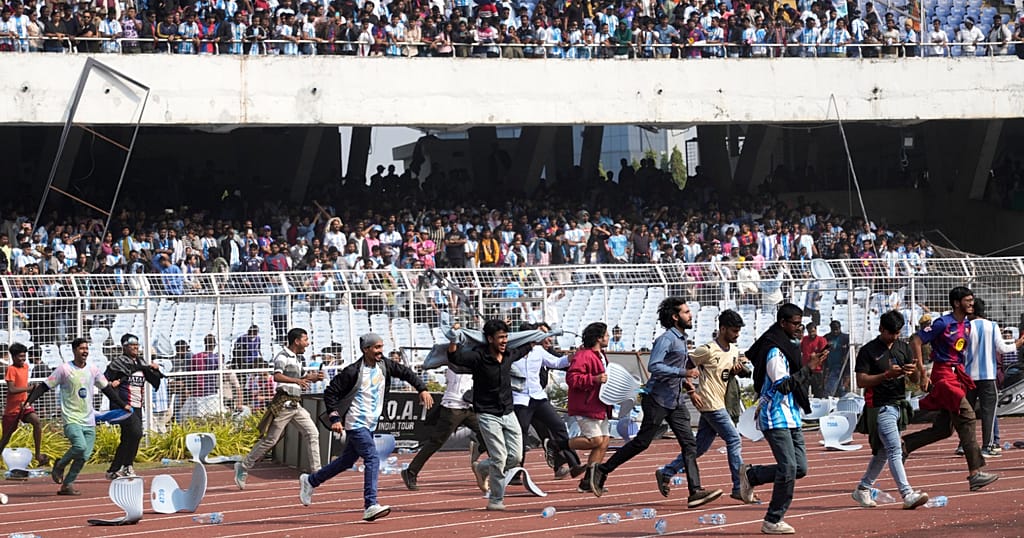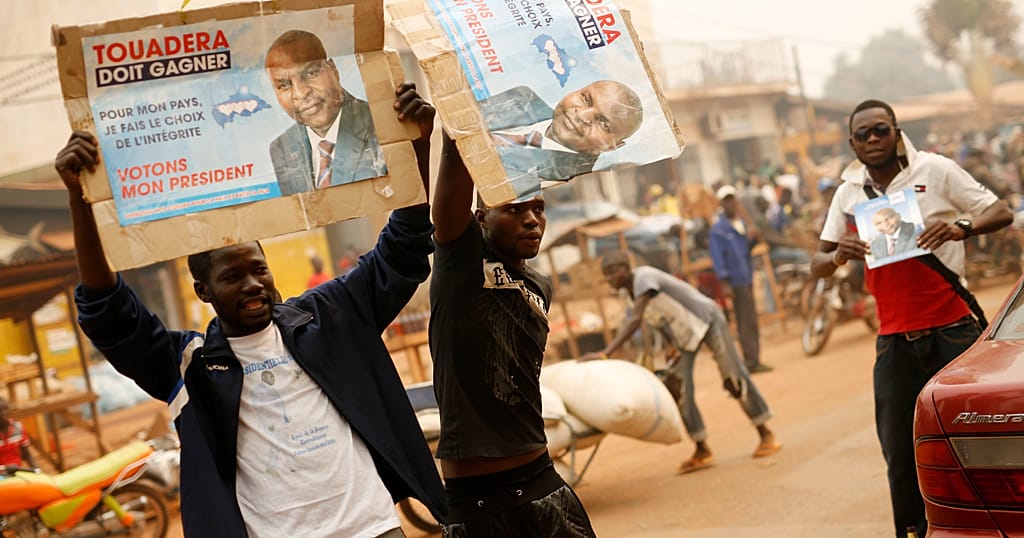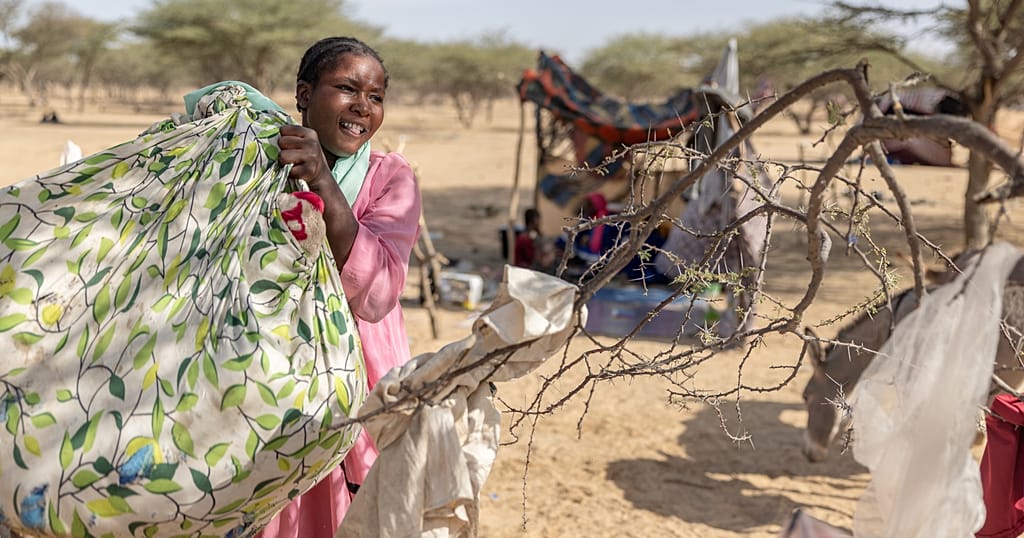IOC sets election timetable to succeed Thomas Bach
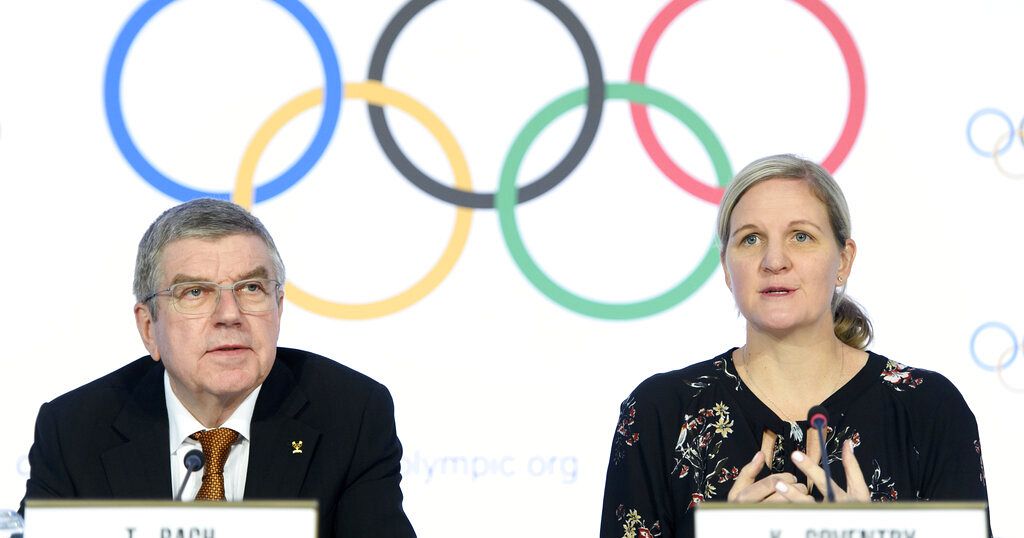
The International Olympic Committee (IOC) has set January 30 as the date for a key presidential election meeting, when seven candidates will meet with voters before they cast their ballots in March.
The closed-door meeting at IOC headquarters is the only campaign event in what is arguably the most discreet and secretive election in world sport. IOC rules prohibit candidates from posting videos, holding public meetings or participating in public debates.
“This closed meeting will give IOC members the opportunity to hear from the seven candidates about their programmes ,” the Olympic body said in a statement on Thursday.
Among the candidates to replace outgoing IOC President Thomas Bach are three members of the Executive Board he chairs: Vice-President Juan Antonio Samaranch Jr. (Spain), Prince Feisal al Hussein (Jordan) and Kirsty Coventry (Zimbabwe).
The other four are presidents of Olympic sports governing bodies: Britain’s Sebastian Coe for athletics, France’s David Lappartient for cycling, Japan’s Morinari Watanabe for gymnastics and Sweden’s Johan Eliasch for skiing.
The vote by around 100 of their fellow IOC members – including royals from Europe and the Middle East, sports officials, former and current Olympians, politicians and billionaire industrialists – will take place at a meeting from March 18-21 near ancient Olympia, Greece.
Mr Bach is reaching the statutory limit of 12 years in office and confirmed in August, at the Paris Olympics , that he would step down. He is scheduled to leave in June, after a three-month transition period with his successor.
He has long been seen as favouring Kirsty Coventry, Zimbabwe ‘s sports minister , who would be the first female president in the IOC’s 130-year history and the first from Africa. A two-time Olympic gold medallist in swimming, Coventry was, surprisingly, the only woman to run.
The position of IOC President ideally requires in-depth knowledge of sports management, an understanding of athletes’ needs and global policy skills.
Key issues facing the next IOC leader include choosing the host of the 2036 Olympics (India and Qatar are in the running), assessing the impact of climate change on the global sporting calendar and the Winter Games, gender equality issues and renewing the broadcast deal with the United States, which is a cornerstone of Olympic finances.
Source: Africanews


